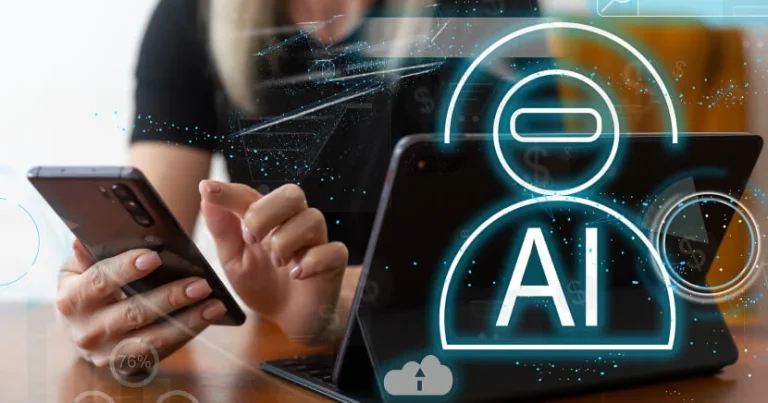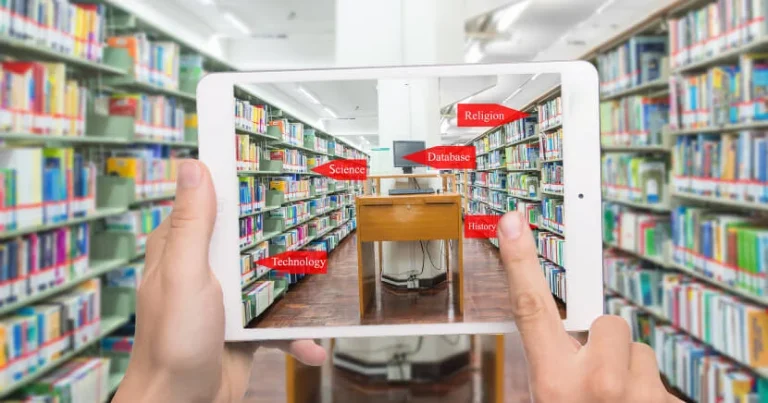Libraries have long been revered as vital institutions within our communities, serving as centers for learning, exploration, and connection. Yet, in today’s rapidly changing world, some may question the relevance of libraries in the age of the internet and digital media. However, the truth is that libraries remain as important as ever, playing a multifaceted role in society that extends far beyond just book lending. In this article, we’ll delve into eight compelling reasons why libraries are indispensable in our modern world.
1. Access to Information
At their core, libraries serve as gateways to knowledge and information, providing access to a vast array of resources, including books, magazines, newspapers, academic journals, and digital databases. For many individuals, especially those from underserved communities, libraries are essential lifelines, offering free access to information that might otherwise be out of reach.
2. Lifelong Learning
Libraries are dynamic learning environments that cater to learners of all ages and backgrounds. From early childhood literacy programs to adult education classes, libraries provide opportunities for lifelong learning and personal enrichment. Whether it’s attending a workshop, participating in a lecture series, or exploring a new hobby, libraries offer endless opportunities for intellectual growth and development.
3. Community Engagement
Libraries serve as vibrant hubs of community activity, bringing people together from all walks of life. From book clubs and discussion groups to cultural events and art exhibitions, libraries offer a wide range of programs and activities that foster social interaction, collaboration, and civic engagement. By providing a space for community members to connect, libraries strengthen social bonds and promote a sense of belonging and cohesion within neighborhoods and towns.
4. Digital Inclusion
In an increasingly digital world, access to technology and digital resources is essential for full participation in society. Libraries play a crucial role in promoting digital inclusion by offering free access to computers, Wi-Fi, and digital literacy training. For many individuals, libraries serve as their primary point of access to the internet and digital resources, bridging the digital divide and empowering them to navigate the digital landscape with confidence and competence.
5. Preservation of Culture and Heritage
Libraries are not just repositories of books; they are also custodians of our cultural heritage and collective memory. Through their collections of rare books, manuscripts, archives, and special collections, libraries preserve and protect the cultural heritage of communities for future generations. By safeguarding historical documents and artifacts, libraries ensure that our shared history and heritage are not forgotten or lost to time.
6. Support for Education
Libraries play a crucial role in supporting formal education by providing resources and services that supplement classroom learning. From homework help and tutoring programs to access to academic journals and research databases, libraries offer invaluable support to students at all levels of education. Additionally, libraries serve as partners to schools and universities, collaborating on initiatives to promote literacy, research, and lifelong learning within the community.
7. Economic Empowerment
Libraries contribute to economic empowerment by providing resources and services that support workforce development, entrepreneurship, and financial literacy. Through job search assistance, resume workshops, and career development programs, libraries help individuals acquire the skills and knowledge needed to succeed in today’s competitive job market. Furthermore, libraries support small businesses and entrepreneurs by offering access to business resources, market research tools, and networking opportunities.
8. Democracy and Free Speech
Libraries are bastions of democracy and free speech, upholding the principles of intellectual freedom and access to information for all. By providing a diverse range of viewpoints and perspectives, libraries promote critical thinking, informed citizenship, and open dialogue within society. In an era of misinformation and polarization, libraries serve as trusted sources of reliable information and platforms for civil discourse, fostering an informed and engaged citizenry.
Conclusion: A Beacon of Light in an Ever-Changing World
In conclusion, libraries are far more than just buildings filled with books; they are dynamic, multifaceted institutions that serve as pillars of knowledge, culture, and community within our society. From providing access to information and supporting lifelong learning to fostering community engagement and promoting democracy, libraries play a vital role in enriching the lives of individuals and strengthening the fabric of our communities.
As we navigate the challenges and uncertainties of the modern world, libraries remain steadfast beacons of light, offering sanctuary, inspiration, and opportunity to all who seek knowledge, connection, and enrichment. In an age of constant change and upheaval, libraries stand as timeless symbols of hope, resilience, and the enduring power of human curiosity and imagination.








